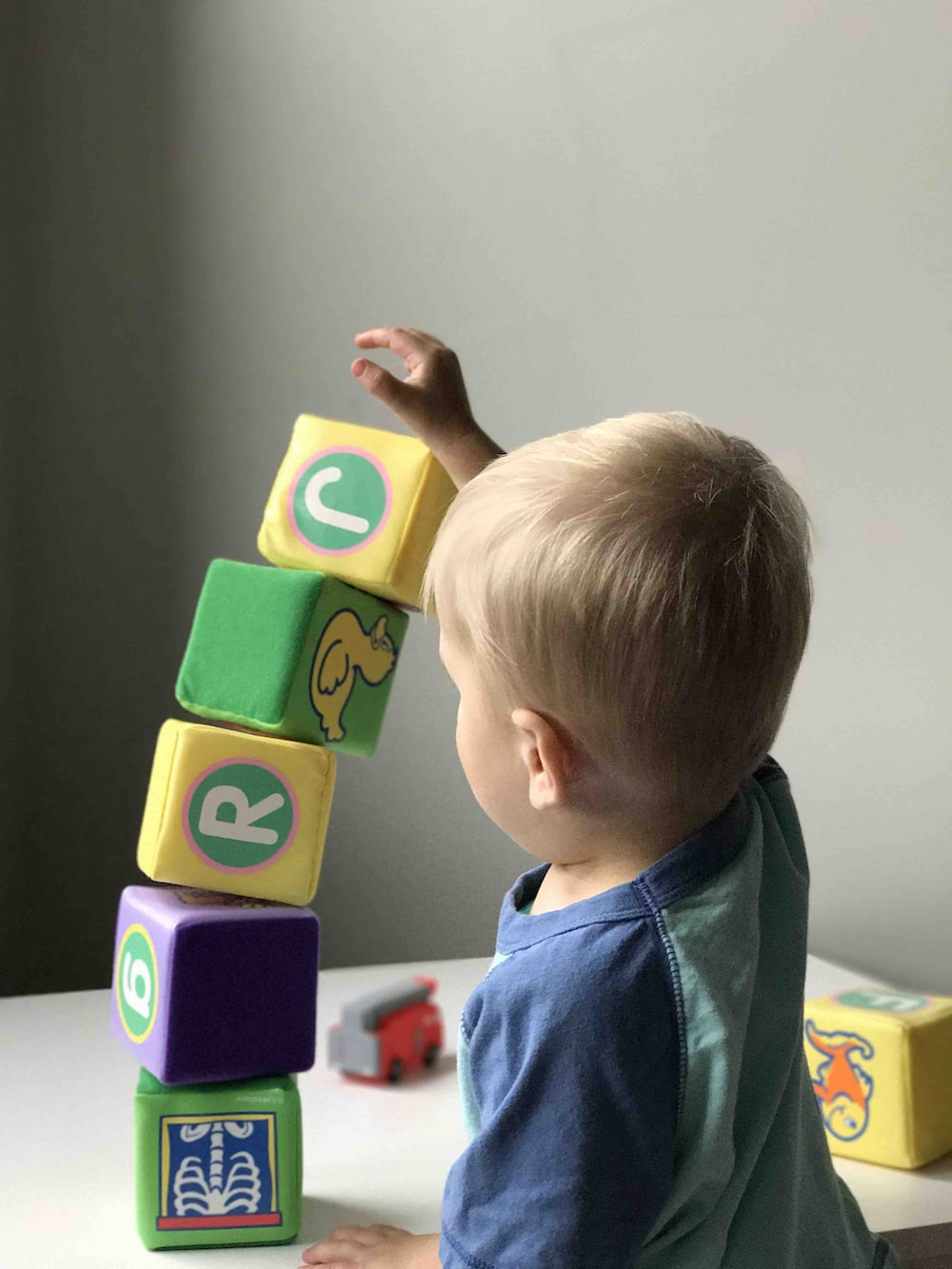When attention-deficit/hyperactivity disorder (ADHD) was acknowledged by the American Psychiatric Association in 1987, it left parents in two minds. Some parents didn’t see symptoms like inattentiveness as a sign their kids were behaviorally challenged, while others sought medical assistance fearing the worst.
Fast-forward to today and most parents are aware ADHD exists. But what the most common symptoms of ADHD and how are they treated?
Here’s a summary of the definition, symptoms, and treatments for ADHD.
 We’ve covered the basics of ADHD in this article, but there are many nuances to this condition that vary from child to child. If you want to talk about this condition further with a seasoned ADHD pediatrician Schertz, we’re ready to welcome you at A Thru Z Pediatrics.
We use an FDA-approved, computerized ADHD testing method to ensure we arrive at the most accurate diagnosis possible. We also treat numerous other medical conditions like asthma and conduct well-child visits to ensure the children under our care develop optimally.
Reach out to us today to learn more about our holistic pediatric services in Schertz.
We’ve covered the basics of ADHD in this article, but there are many nuances to this condition that vary from child to child. If you want to talk about this condition further with a seasoned ADHD pediatrician Schertz, we’re ready to welcome you at A Thru Z Pediatrics.
We use an FDA-approved, computerized ADHD testing method to ensure we arrive at the most accurate diagnosis possible. We also treat numerous other medical conditions like asthma and conduct well-child visits to ensure the children under our care develop optimally.
Reach out to us today to learn more about our holistic pediatric services in Schertz.
What Is ADHD?
ADHD is a medical condition that affects the way a person interacts with and behaves around others. Children with ADHD are often stigmatized for being unproductive and incapable of maintaining a healthy social life—but nothing could be further from the truth. Most kids with ADHD grow up to be well-tempered adults if they follow a treatment plan developed by an ADHD pediatrician. There are three subtypes of ADHD to note:- Combined type: characterized by impulsiveness and high distractibility
- Impulsive/hyperactive type: characterized by impulsiveness and hyperactivity only
- Inattentive/distractive type: characterized by high distractibility only
Common ADHD Symptoms
The most common ADHD symptoms include the inability to remain still or concentrate on one activity for an extended period. Other symptoms include excessive talking/moving and being unable to remain quiet. In extreme cases of ADHD, children may also interrupt others frequently or display destructive behavior like throwing things around.Testing for ADHD
One of the best ways to test for ADHD is to register your child for an FDA-approved computerized ADHD test. All you’ve got to do is take your child to a pediatric clinic that offers this service and the ADHD pediatrician will guide you through the steps. Computerized ADHD tests are designed to measure the primary signs of ADHD (impulsiveness and hyperactivity) and typically take 15-30 minutes to complete.Treating ADHD
If your child is diagnosed with ADHD, the pediatrician will recommend either medication, behavioral therapy, or both. The recommended treatment plan depends on your child’s personality and how they do on the ADHD test. ADHD medication such as Dextroamphetamine help children maintain a longer attention span. On the other hand, behavioral therapy helps children with ADHD improve their self-awareness and control. We’ve covered the basics of ADHD in this article, but there are many nuances to this condition that vary from child to child. If you want to talk about this condition further with a seasoned ADHD pediatrician Schertz, we’re ready to welcome you at A Thru Z Pediatrics.
We use an FDA-approved, computerized ADHD testing method to ensure we arrive at the most accurate diagnosis possible. We also treat numerous other medical conditions like asthma and conduct well-child visits to ensure the children under our care develop optimally.
Reach out to us today to learn more about our holistic pediatric services in Schertz.
We’ve covered the basics of ADHD in this article, but there are many nuances to this condition that vary from child to child. If you want to talk about this condition further with a seasoned ADHD pediatrician Schertz, we’re ready to welcome you at A Thru Z Pediatrics.
We use an FDA-approved, computerized ADHD testing method to ensure we arrive at the most accurate diagnosis possible. We also treat numerous other medical conditions like asthma and conduct well-child visits to ensure the children under our care develop optimally.
Reach out to us today to learn more about our holistic pediatric services in Schertz. 
